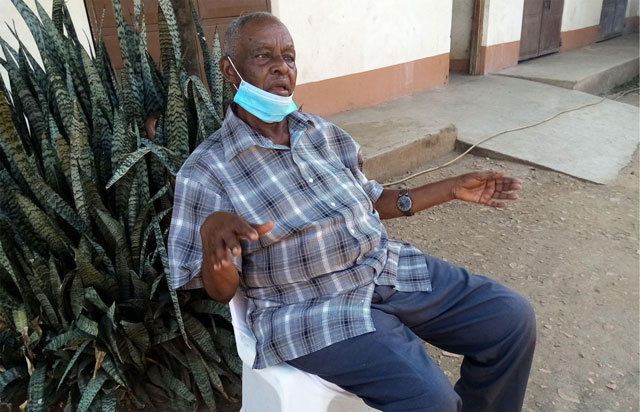
Kasese, Uganda | THE INDEPENDENT | 30 former Allied Democratic Forces – ADF combatants in Kasese District have received resettlement packages from the Amnesty Commission Uganda.
The packages, which include household items and agricultural tools, are provided under a $4.2 million grant by the World Bank Multi-Country Demobilization and Reintegration Program (MDRP). The beneficiaries are from the Sub counties of Kitholhu and Kirararo.
Ronald Ssekatawa, the regional coordinator for the Amnesty Commission said the program which started in January 2005 aims at providing broader support to the commission in its work towards building peace and reconciliation and to help former rebels to return to civilian life.
He said the group has been under monitoring by the government in their respective areas since their integration into the community.
The Commissioner Amnesty Uganda, Msgr Thomas Kisembo said they have also given the ex-combatants 263,000 Shillings, maize and beans seedlings for commercial purposes.
Kisembo said the ex-combatants have also been given certificates that can enable them to be enrolled on several government and non-government programmes.
He added that they are also equipping the former combatants with vocational and business skills to help them in their integration.
One of the beneficiary Edredah Mbambu from Kitholu is grateful to the Amnesty Commission for the resettlement support. She says she is now able to restart her life again but also act as an inspiration to others who are still in combat.
Nzyabake Fabis, who was abducted by the rebels says she intends to use the skills and financial support to venture into a retail shop business.
The commission has received a total of 2,450 former Allied Democratic Forces-ADF rebels in the Kasese region and more than 27,000 across the country since its inception in 2016.
Henry Basaliza Araali, a Demobilization and Resettlement Team Leader says that they are now working with other partners to train the ex-ADF rebels in interlocking stabilized soil block technology, craft making and tailoring for economic integration under the skills training project.
The commission was established by the Amnesty Act in 2000 as a tool to end rebellions in Uganda by encouraging rebels to lay down their arms without the fear of prosecution for crimes committed during the fight against the government.
The roles of the commission include providing amnesty to rebels who renounce rebellion and give up their arms, facilitating an institutionalized resettlement and repatriation process and providing reintegration support, including skills training for ex-combatants, and promoting reconciliation.
*******
URN
 The Independent Uganda: You get the Truth we Pay the Price
The Independent Uganda: You get the Truth we Pay the Price



